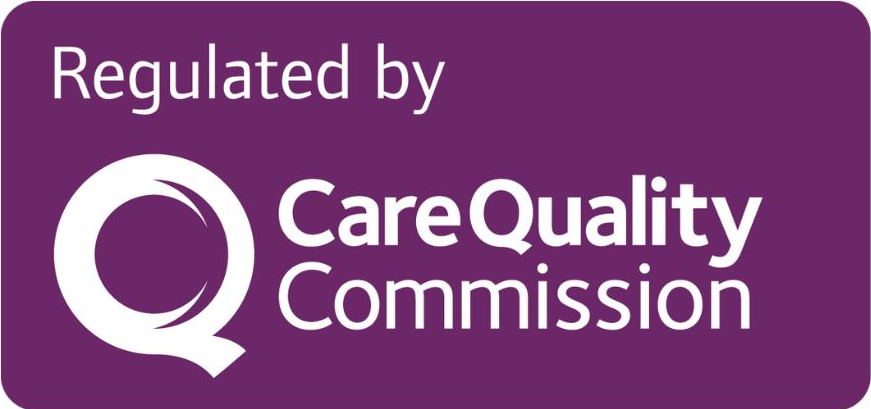As our loved ones age, their needs change. Sometimes, these changes happen gradually—so subtly that it’s easy to overlook them. Recognising when someone might benefit from professional home care can significantly improve their quality of life and provide peace of mind to family members.
At NU Healthcare, we’ve supported hundreds of families across West Yorkshire in navigating this journey. Here are five key signs it may be time to consider home care for someone you love.
1. Changes in Personal Hygiene and Appearance
One of the earliest and most visible signs is a decline in personal hygiene. You may notice:
- Unwashed clothes piling up
- Strong body odour
- Unkempt hair or unshaven face
- Wearing the same clothes for several days
These changes can stem from mobility issues, depression, memory problems, or fear of falling in the bathroom. Home care can assist with safe bathing, dressing, and grooming.
2. Difficulty Managing Daily Tasks
Household chores such as cooking, cleaning, shopping, or taking out the rubbish can become challenging. You might see:
- A growing pile of unopened mail
- Expired food in the fridge
- Burnt pans or signs of accidents in the kitchen
- General disorganisation
Home care assistants can provide practical support to help maintain a clean, safe, and comfortable home environment.
3. Memory Loss or Confusion
Occasional forgetfulness is a natural part of ageing, but if your loved one is:
- Repeating themselves frequently
- Forgetting to eat or take medication
- Wandering or getting lost
- Struggling to follow conversations or instructions
These could be signs of dementia or cognitive decline. A carer can help ensure routines are followed and provide cognitive stimulation.
4. Social Withdrawal and Isolation
Has your loved one stopped attending church, bingo, or visiting friends? Isolation can be both a symptom and a cause of declining health.
- Loneliness increases the risk of depression and anxiety
- Physical decline may make it hard to leave the house
- Hearing loss can lead to embarrassment in social settings
Companionship care can help rebuild confidence, reintroduce social activity, and offer a meaningful connection.
5. Unexplained Bruises or Accidents
Frequent falls, burns, or minor injuries may indicate:
- Reduced mobility or balance
- Poor eyesight
- Medication side effects
- Weakness due to illness or malnutrition
Professional carers can reduce the risk of injury through fall prevention, supervision, and adaptive support.
When to Take Action
It’s never too early to have a conversation. Many families wait until a crisis before reaching out—but proactive planning leads to better outcomes.
At NU Healthcare, we offer a free, no-obligation care assessment to discuss your loved one’s needs and create a personalised support plan.
:landline: Call us today on 01274 214093 or contact us here




